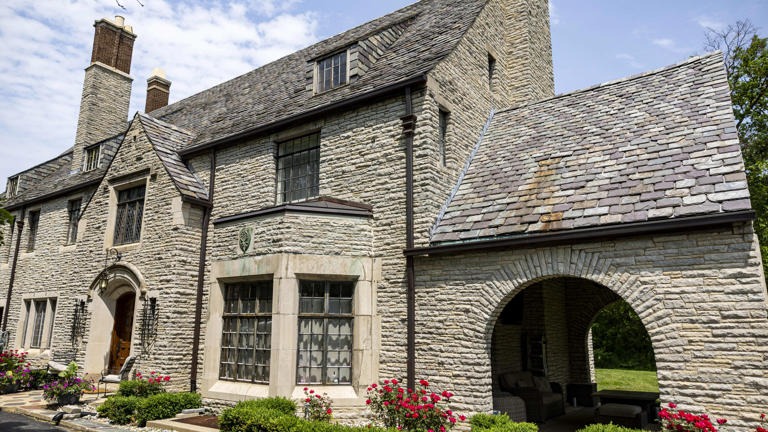
New Opportunities for First-Time Homebuyers in Michigan
In a proactive move to assist first-time homebuyers and stimulate Michigan's economy, lawmakers have passed legislation that introduces tax-exempt savings accounts specifically for prospective homeowners. This innovative measure aims to ease the financial burden of purchasing a home, a significant milestone for many residents.
How the New Legislation Works
The newly approved bills allow individuals to save up to $50,000 in designated accounts exempt from state income tax. Starting in 2022, single filers can deduct up to $5,000 annually from their taxable income, while joint filers benefit from a $10,000 deduction. This initiative has garnered bipartisan support in the legislature, reflecting a unified approach to tackling a pressing local issue.
Creating a Sense of Stability
By promoting homeownership, this legislation aims not only to help individuals achieve their dreams but also to retain skilled workers within the state. As Sen. Ken Horn emphasizes, "The aim of this program is to promote smart homeownership and the retention of talent in Michigan. It's a tool we can use to encourage people to ultimately put down roots here in our state.” This sentiment resonates deeply, as many Michigan cities face challenges related to aging populations and workforce retention.
Potential Challenges and Criticisms
Despite the optimistic outlook, the legislation does face scrutiny. The Michigan Department of Treasury has raised concerns regarding the bill’s effectiveness, citing expectations for low participation rates among eligible buyers. According to Paul Connor, legislative liaison for the department, the projected tax savings of about $200 for single filers and $400 for joint filers may deter residents from utilizing these accounts. With similar legislation vetoed in 2018 by former Governor Rick Snyder, many are left wondering whether this initiative will yield the desired results.
The Landscape of the Detroit Housing Market
Amidst these changes, the Detroit housing market continues to evolve. Rising home prices and a competitive landscape have posed challenges for first-time buyers. With the added support of this new legislation, potential homeowners may find themselves better equipped to navigate the complexities of urban property investment. With the trend leaning towards sustainable development, communities are witnessing not only a revival in property values but also a shift toward more eco-friendly living conditions.
Engaging Local Real Estate Agents
For potential buyers, engaging local real estate agents can prove invaluable. These professionals are keenly aware of the current Michigan real estate trends and can provide critical insights into Metro Detroit’s dynamic neighborhoods. Whether you are looking for a cozy starter home or an investment property, tapping into the expertise of Metro Detroit real estate agents can make all the difference.
Future Trends in Michigan Real Estate
Looking ahead, the Detroit urban planning sector is brimming with potential. With ongoing construction projects and increasing interest in neighborhood growth, the local housing market is poised for significant changes. The push towards smart homes and sustainable living spaces indicates a shift in consumer priorities, emphasizing the importance of energy efficiency and technological integration that appeals to younger demographics.
Investing in Your Future
Understanding the nuances of Michigan real estate financing, zoning laws, and building permits will empower homebuyers to make informed decisions. As the Metro Detroit property investment landscape evolves, buyers should prepare to adapt to rapidly changing conditions. Homeownership not only provides a personal sanctuary but also serves as a vehicle for long-term financial security.
Final Thoughts on the Legislation’s Impact
As Michigan lawmakers take steps to address the needs of first-time homebuyers, it’s essential for prospective homeowners to leverage the advantages presented by these new bills. Armed with the right information and resources, individuals can navigate the complexities of buying a home in today’s market. Whether you’re looking to settle down or invest, these changes offer fresh opportunities in an ever-evolving landscape.
Want to take the first step towards homeownership? Engage with a local real estate agent today and explore how the new tax-exempt savings accounts might play a role in your journey towards owning a home.
 Add Row
Add Row  Add
Add 



Write A Comment